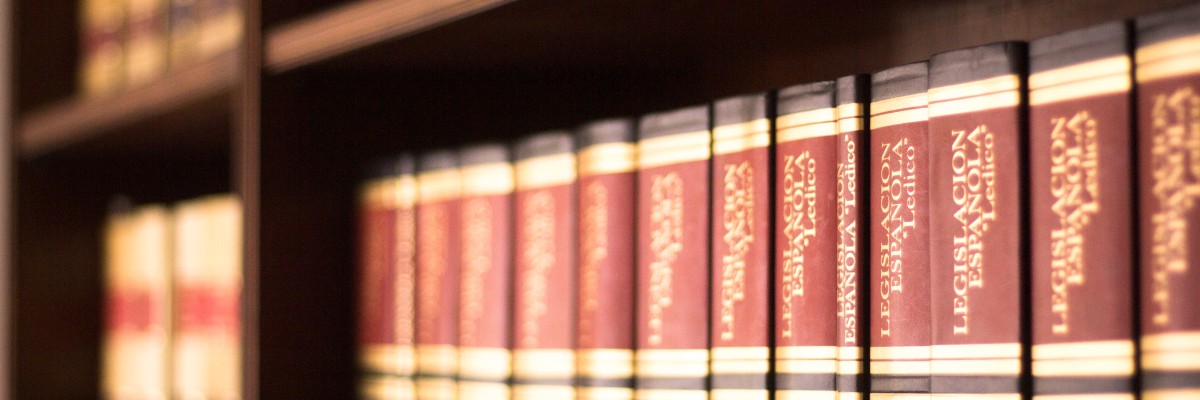The Canadian legal system is an integral part of the country’s governance, ensuring justice, fairness, and the rule of law for all its citizens. Rooted in British common law and influenced by its own unique historical and cultural factors, the Canadian legal system reflects a commitment to upholding individual rights and protecting the interests of the public. In this article, we will delve into the key components and principles of the Canadian legal system, highlighting its structure, major players, and the rights and protections it provides.
Structure of the Canadian Legal System
The Canadian legal system is based on a division of powers between the federal and provincial governments. The Constitution Act of 1867 outlines this division, with specific powers assigned to each level of government. The federal government has jurisdiction over criminal law, while the provinces and territories have authority over areas such as property and civil rights.
At the federal level, the Canadian legal system is headed by the Supreme Court of Canada, which serves as the final appellate court for both civil and criminal matters. The court consists of nine judges appointed by the Governor General on the advice of the Prime Minister. Its decisions have a significant impact on shaping Canadian law and jurisprudence.
Provincial and territorial legal systems operate independently and are responsible for administering justice within their respective jurisdictions. Each province and territory has its own court system, which includes trial courts, appellate courts, and, in some cases, specialized courts such as family courts or small claims courts.
Major Players in the Canadian Legal System
The legal profession plays a crucial role in the Canadian legal system. Lawyers, known as barristers and solicitors, provide legal advice, represent clients in court, and advocate for their interests. They are officers of the court and are bound by ethical rules and professional standards.
Judges are appointed to the bench at various levels of the court system. They interpret and apply the law, preside over trials, and make decisions based on the evidence presented before them. Their role is crucial in ensuring fair and impartial administration of justice.
Prosecutors, representing the Crown, are responsible for initiating and conducting criminal proceedings. They gather evidence, question witnesses, and present arguments in court. Their role is to ensure that the accused receives a fair trial and that justice is served.
Rights and Protections
The Canadian legal system places a strong emphasis on protecting individual rights and liberties. The Canadian Charter of Rights and Freedoms, enacted in 1982, is a fundamental document that guarantees a range of rights and freedoms to all individuals within Canada’s jurisdiction. These rights include freedom of expression, religion, and association, as well as protections against unreasonable search and seizure, arbitrary detention, and discrimination.
The presumption of innocence is a fundamental principle of the Canadian legal system. It means that every person accused of a crime is presumed innocent until proven guilty in a court of law. This principle ensures that the burden of proof rests with the prosecution, who must present evidence beyond a reasonable doubt to secure a conviction.
In addition to the presumption of innocence, the right to a fair trial is enshrined in Canadian law. This includes the right to be informed of the charges, the right to legal representation, the right to call and examine witnesses, and the right to be present at the trial. These safeguards are designed to ensure that individuals accused of a crime have a fair opportunity to defend themselves and present their case before an impartial judge or jury.
Alternative Dispute Resolution
The Canadian legal system also recognizes the importance of alternative dispute resolution (ADR) methods in resolving conflicts outside of traditional court processes. Mediation and arbitration are commonly used to resolve civil disputes, offering parties a more collaborative and efficient means of settling their differences. These methods promote compromise and give individuals more control over the outcome of their disputes, reducing the burden on the court system.
The Canadian legal system is a complex and robust framework designed to uphold justice, protect individual rights, and maintain the rule of law. With its federal and provincial divisions of power, the system ensures a balance between centralized authority and regional autonomy. Through its emphasis on the presumption of innocence, fair trials, and the protection of individual rights, the Canadian legal system strives to maintain a just and equitable society. By continuing to evolve and adapt to the changing needs of its citizens, the Canadian legal system remains a cornerstone of the nation’s democratic governance.



